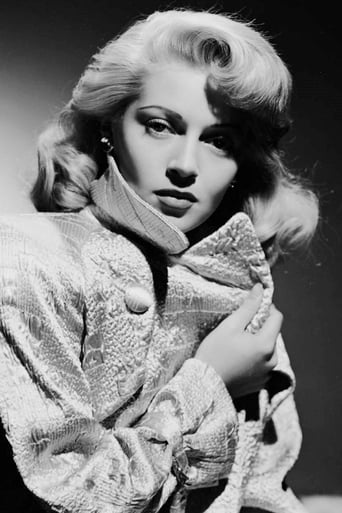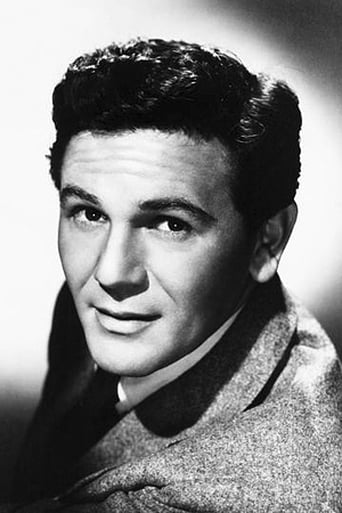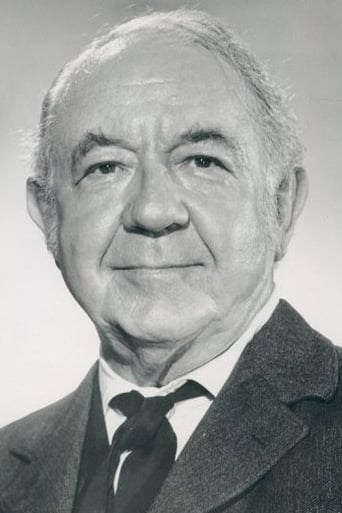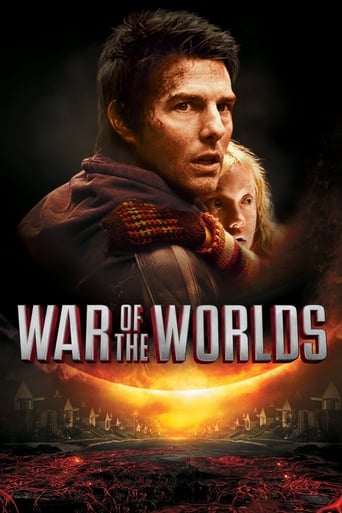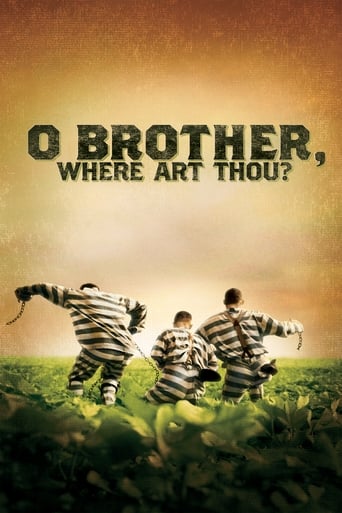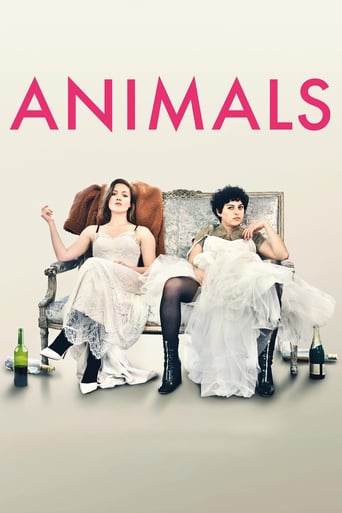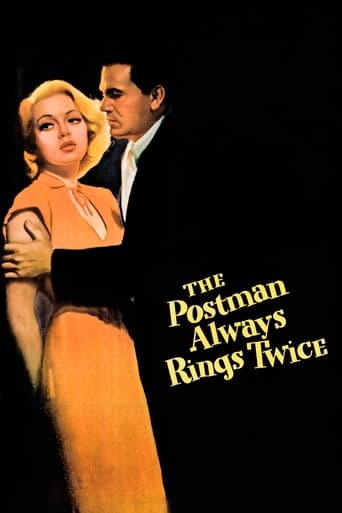
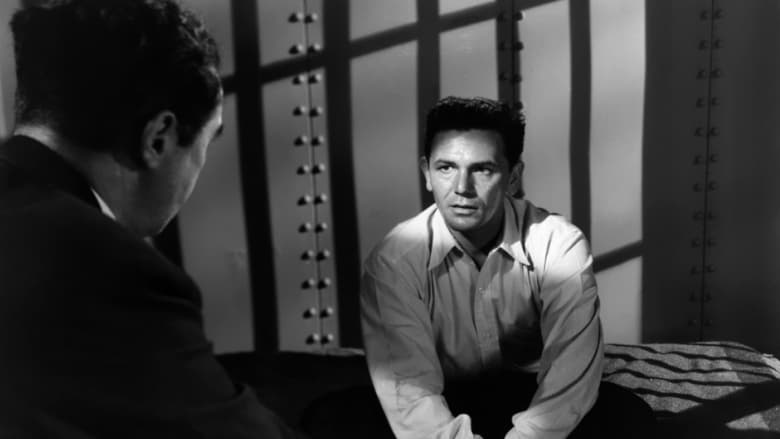
The Postman Always Rings Twice (1946)
A married woman and a drifter fall in love, then plot to murder her husband.
Watch Trailer
Cast


Similar titles
Reviews
Spoilers ahead! I admit that I don't understand the title. As much as I tried and tried, I finally gave up. I do understand that Frank (John Garfield) and Cora (Lana Turner) attempted to commit one crime and succeeded at another without being convicted but then ironically "paid" for their crimes unexpectedly and accidentally, but what does that have to do with a postman ringing twice? My postman doesn't even ring once, and almost everything that he delivers is junk mail that gets immediately recycled before I open it. Maybe the original title "Bar BQ" should have stuck. Who knows?Aside from what I have read about the personal relationship between the two leads, which was confusing by itself, I didn't think that they were very good. I didn't believe that Garfield was emotionally involved in his part, and, sorry folks, I never appreciated Lana Turner as an actor. What was her speech affectation all about? Did you catch that? She sounded as if she had just arrived on the set from major dental surgery, and I found it very irritating. I'm glad that novelist James Cain believed that she was the perfect Cora. In an odd way, perhaps he is right because I didn't like the character that she played either.Although the film interested me at the beginning, my involvement faded fast. Cora's relationship with Nick (Cecil Kellaway) was totally unrealistic to me, and Nick's character completely annoyed me. Much of the time, I felt that I was watching a parody or a spoof of an actual drama because so many of the lines seemed so ridiculous to me. I believed that the cast felt that they were as ludicrous as I found them and delivered them accordingly with very little effort or interest. All of a sudden, out of the blue, Nick announces that he and Cora are departing for the wilds of northern Canada to care for his long lost sister. Can you picture Cora settling permanently not just in Regina or Saskatoon but in northern Sasketchewan? I could tell immediately that everyone was in trouble from that moment forward. The stage was set!I like Leon Ames alright, but if he said "laddy" just one more time I was going to smash my pc to the ceramic floor into a thousand pieces. Somehow, I managed to control myself in the "nick" of time. It just wouldn't have been worth the loss.
I was surprised to learn that this was the third film version of James M. Cain's 1934 novel "The Postman Always Rings Twice", earlier versions having been made in France in 1939 and (remarkably) in Fascist Italy in 1943. The American version was eventually made by MGM after three other studios (RKO, Warner Brothers and Columbia) had considered filming the novel but had abandoned the idea because they feared possible objections from the Production Code Authority. Neither the French version "Le Dernier Tournant" (The Last Turning) nor the Italian one "Ossessione" (Obsession) actually used Cain's enigmatic title, which is never explained in the novel itself. (No postman appears in it). This film does attempt an explanation, but it is not very convincing and too complicated to set out here.The plot has something in common with "Double Indemnity", another film noir from the mid-forties based on a Cain story. (It was the success of that film which finally persuaded MGM to go ahead). Both films feature seductive but evil women who conspire with their lovers to murder their husbands. Here the lethal seductress is Cora Smith, the beautiful young wife of the owner of a diner just outside Los Angeles. Her lover is Frank Chambers, a drifter who stops to eat at the diner and ends up working there. At first sight Cora's marriage does not seem particularly unhappy; her husband, Nick, is much older than her and physically unattractive, but he is a kindly man who clearly loves her. He does, admittedly, have a drink problem, but he is an amiable drunk, not an aggressive one.Cora, however, feels trapped in a marriage to a man she does not love, and soon after Frank starts working at the diner they begin an affair. Frank's original suggestion is that the two should run away together, but she does not want to exchange a life of comparative affluence for one of poverty. Nick may not be a particularly rich man, but neither is he a poor one like Frank, and Cora does not want to become a "tramp". (She is using the word in its British sense of "hobo", not its more common American one of "sexually immoral woman"- she already is that). They decide that Nick should die so that Cora can inherit his money. The film tells the story of his murder and its aftermath.Like some of her contemporaries, Lana Turner was not so much a Great Actress as a Great Star, although she was capable of giving decent performances as in the later "Imitation of Life". Here as Cora she looks supremely seductive, but this is not really a great performance. To be fair to her, a great performance is not really required as Cora is written as a rather one-dimensional character, a sexy villainess and not a lot else.According to one story, Turner remarked "Couldn't they at least hire someone attractive?" upon learning that John Garfield was to be her co-star. According to another story, her initial reaction did not prevent the two from having a brief affair during filming, but I think that in one respect she was probably right. Garfield never really invests Frank with the sexual magnetism which would be needed to explain why Cora, a woman so attractive that she could have virtually any man she wanted, should have given herself to a penniless drifter. The best acting comes from Cecil Kellaway, who makes the hapless Nick an amiable slob who does nothing to deserve his ruthless treatment at the hands of Cora and Frank, and from Hume Cronyn as the shyster lawyer Arthur Keats.Despite its thematic similarities to "Double Indemnity", one of the all-time great noirs, I have never regarded "The Postman Always Rings Twice" as being in anything like the same class. The first half, dealing with the build-up to Nick's murder, is not too bad, but in the second half, dealing with the trial of Frank and Cora, it starts to descend into absurdity.A lawyer who was a witness (indeed, the only witness apart from the perpetrators) to a crime is permitted to act both as investigating detective and attorney for the prosecution. The same lawyer acts for both defendants, even though each is trying to blame the other for the crime, and tricks one of his own clients into signing a confession. The prosecuting attorney in a capital murder trial agrees to accept a plea of guilty to manslaughter on the basis of virtually no argument at all- it is not even explained whether this is voluntary or involuntary manslaughter. The judge agrees to accept that plea and then allows the defendant to go free on probation, without having to spend a single day in prison. You don't need to be a lawyer to realise that, legally, the whole thing makes very little sense, although the ending is admittedly an ingenious piece of plotting.During their heyday in the forties and fifties films noirs were often regarded as little more than money-making potboilers; "The Postman Always Rings Twice" was a big box-office success. They were not always looked on with favour by the more high-minded critics and, generally speaking, they were not the sort of films which won Oscars. Their star began to rise when they were taken up by the French New Wave directors of the sixties, which explains why a predominantly American genre should have a French name, and today they are often regarded as masterpieces of the cinema. There are some, such as "Double Indemnity", which do indeed deserve such a description, but not every noir was a great film, and the overrated "The Postman Always Rings Twice" has always struck me as one of the lesser ones. 5/10
This film noir has Lana Turner as Cora, the naive wife of a much older roadside café owner, clashing with Frank, a drifter, played by John Garfield, who rolls into town and gets a job at the diner. The two begin a flaming romance and eventually plot the murder of Cora's husband, with insurmountable ramifications.Although not perhaps the most realistic or gritty noir, "The Postman Always Rings Twice" is memorable for two reasons: first, because it was perhaps the first instance in which MGM sweater girl Lana Turner was truly able to cut her teeth; and second, its atmosphere is explosively provocative and quietly dazzling.Shadowy and slow burning, the film moves between worlds as Cora and Frank become a singular threat to Nick, and their fate unravels and splinters into a dramatic finale. Based on the book by James N. Cain (who also wrote "Double Indemnity"), "The Postman Always Rings Twice" is less talkier than a lot of noir, but constructs a languid atmosphere and is rife with dramatic (if not always entirely believable) characters. Turner lights up the screen as perhaps the most glamorous waitress of all time, and John Garfield has a great chemistry with her on screen. Moody cinematography bolstered with closeups and subtle stylistic touches accentuate the general mood of the picture.Overall, this is a fantastic noir, but it's not Mickey Spillane or anything of the like; it's a bit more leisurely and the stakes don't feel as grave as they do in other noir of the era, but the performances and dreary atmosphere that lurks in every scene make this worth the while. Lana Turner's vixenish take as the naive-turned-evil waitress is worth the price of admission alone. I'd describe the film as a weird collision of major studio gloss with the gritty tropes of noir, which, while some people may not find it that appealing, I personally enjoyed the dichotomy. 8/10.
"The Postman Always Rings Twice" is a beautiful and stellar example of film-noir filmmaking during the 1940's. The plot, pivot characters and settings are truly unpleasant, while the ambiance and themes are literally oozing with sexual tension and morbid melancholy. Based on a novel that I sadly haven't read (yet), "The Postman etc " is probably one of the most commonly known and often imitated film-noir stories, just because the subject matter is so deeply pessimistic and cynical. The script is actually quite convoluted, seemingly incoherent at times and centers on all the worst and most despicable behaviors of human beings: greed, lust, adultery, betrayal, dishonesty, conspiring and – inevitably – murder in the first degree. East-coast drifter Frank Chambers is taken in as a handyman by the wealthy and eccentric roadside diner owner Nick Smith. Nick is married to the much younger and liberated Cora, and a passionate romance between the carefree drifter and the beautiful blonde quickly ensues. They want to get away together, but the proud Cora doesn't care too much for a purposeless life on the road, so the idea of killing her husband and making it look like a banal accident is rapidly put on the table. However, the young lovers are so nervous and impulsive that they instantly make themselves look suspicious, easily manipulative and vulnerable. The consequences of their plan even lead to a complete reversal of their relationship as they are put up against each other by a sly lawyer and a persistent district attorney. Look up the term "film-noir" on Wikipedia or research books and you'll notice that all the typical characteristics and trademarks are more than well-presented in this wondrous film! It's a solidly directed and ultimately grim crime thriller/drama with voice-over guidance from the male protagonist, nasty plot-twists and woeful characters even in the supportive cast. The acting performances are downright phenomenal, with a couple of unforgettable roles. Lana Turner is exquisite as the Femme Fatale and her performance definitely ranks her amidst the top actresses of the era (like Vivien Leigh, Rita Hayworth, Lauren Bacall, Bette Davis ). John Garfield hits the exact right tone as the guy caught in a web of obsession for the woman, but the most impressive male performance come from the (severely underrated) Hume Cronyn as the devious lawyer. Terrific film, highly recommended and much more of a must-see than the 1981 remake, and that's coming from a die-hard Jack Nicholson fan.


